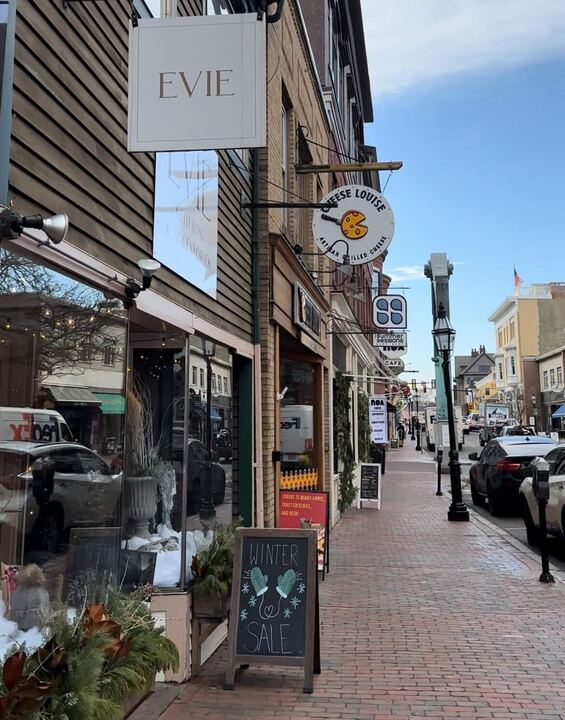The “buzzwords” of food right now are words and phrases like sustainable, locally grown and non-GMO seem to be sneaking into more people’s vernacular today. And as a variety of projects – such as documentaries like 2007’s “King Corn” – emerge into the public eye, they strive to educate people on modern farming and agricultural practices like pesticides, antibiotics and horrible living conditions for livestock. The news and newness of such practices make people understandably nervous, and thus they look towards science to give them safer, more reliable, and more ethical insight into what healthy food is and where it comes from.
Dr. Analena Bruce, an assistant professor in the University of New Hampshire (UNH) Department of Agriculture, Nutrition, and Food Systems, dedicated her Ph.D. dissertation work to delivering just such information to both farmers and consumers through alternative agriculture.
Through her research, Bruce found that many farmers in America can’t support themselves solely on their income as farmers – they had to supplement their income with other work. She realized that though American farmers supply the country with food that is needed, them not making enough money to support themselves, is a societal problem.

Her paper and dissertation work – “Farm entry and persistence: Three pathways into alternative agriculture in southern Ohio” – describes her method of talking to farmers in southern Ohio about their experience with farming and alternative agriculture.
To understand alternative agriculture, one must also understand alternative food networks (AFNs). Bruce describes AFNs as “different ways of distributing food based on relationships and values.”
“The goal of AFNs is to development relationship-based market networks based on the values of environmental sustainability, social justice and the vitality of farming communities,” she said.
Using AFNs allows farmers who care about sustainability and ethically sourced and ethically grown products to directly interact with their consumers, allowing relationships to be built between them and the consumers; in return, it helps their marketing and business.
Alternative agriculture implies the use of farming and agriculture techniques like free range farming, non-GMO products and no added hormones or antibiotics added to meat products. All these buzzwords get people’s attention, and help stimulate that positive image in the consumers’ minds.
For her work, Bruce categorized the farmers she met into three groups: Greenhorn, returning and legacy farmers. “Greenhorn” farmers were first-generation farmers — people who had gone to school for farming and relied on non-farm income to support and start up their endeavors. “Returning” farmers entail those who took part in the farming community but left at some point to pursue a non-agricultural career, only to later return to farming as they saw potential in Alternative Agriculture. The last group, “Legacy” farmers, were those who had multiple generations of farming in their family and lots of experience with standard methods of making income from their land by selling their grain and crop directly to a mill with zero consumer interaction.

In speaking all three types of farmers, Burce found that a majority of Legacy farmers could sustain their homes solely on their farming income. However, she also discovered that only around half of Greenhorn and Returning farmers could live off their land. Greenhorns, for instance, relied on income coming from using their land for other things like agritourism, bringing in people to the farm for things like festivals and fundraisers, not to sell their crops.
Returning to the New England area, Bruce now focuses on applying what she learned on farmers up north. She hopes that new policy and change will come to the area with “a focus on the barriers and opportunities for increasing farm income and food production for institutional markets.”
Bruce hopes that local non-government organizations like Food Alliance will help push the movement in local governments, and have helpful and well planned policy to be pushed forward. Looking towards the future, there does seem to be some optimism with people like Bruce helping pave the way for new fields of science to contribute to people’s lives directly, and help provide ethical, and sustainable sources of food for the people of New England.
Bruce plans on opening a website, to be linked on her faculty profile page, that includes information about undergraduate or graduate students helping her research in the lab.
“The positions will provide mentorship for students to learn new research skills and contribute to the creation of new knowledge about the sustainability of agriculture in New England.” Bruce said, adding that any and all students interested in her work are encouraged to get in touch.




















